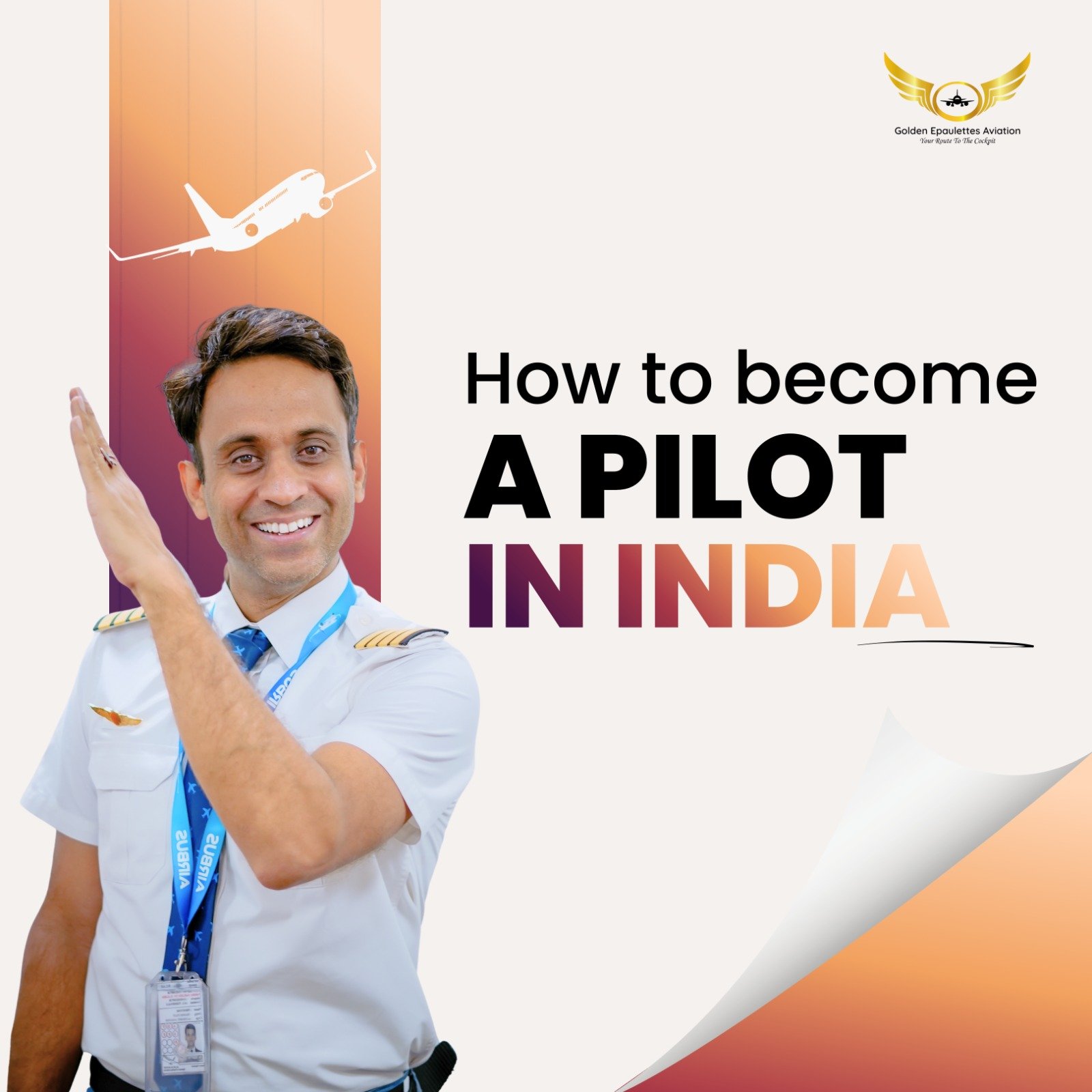Content will be added soon
Blog
•
13 Mar 2023
How to Become a Pilot After Graduation in India- A Step-by-Step Guide – This article will provide an overview of the steps that a potential pilot must take to become qualified to fly commercially in India. It will cover topics such as meeting the necessar
How to Become a Pilot After Graduation in India
P
Premtosh Mishra
Author

